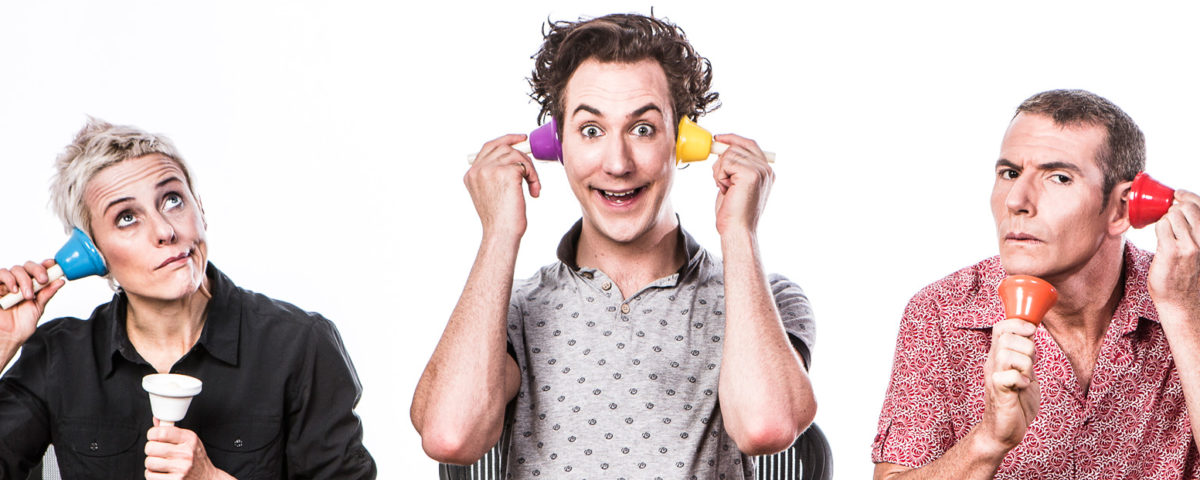NON VERBAL COMMUNICATION & MIME WORKSHOP

Duration:
Various ( 1 Hour - Full Day)Suitability:
Grades 7 - 12Available Terms:
Terms 1 - 4NON-VERBAL COMMUNICATION & MIME WORKSHOP
Venue: Double Teaching Space, Drama Room, Studio, Theatre, Hall
Unlock the power of physical expression and tell stories without words in this dynamic and immersive workshop!
This exciting and interactive experience explores the art of physical theatre, teaching students how to communicate complex ideas and emotions without speaking! A dynamic, physical theatre workshop exploring the power of silence and movement in performance and everyday communication.
- Develops students’ ability to convey meaning without words using body language, facial expressions, gestures, and movement.
- Strengthens confidence, creativity, and emotional intelligence through non-verbal storytelling.
- Teaches essential mime techniques, including illusionary movement, exaggerated physicality, and spatial awareness.
- Explores the cultural and historical significance of mime and physical storytelling in theatre, film, and media.
- Encourages students to interpret and use non-verbal cues effectively in communication and performance.
Key Learning Outcomes
Years 7-8 Drama (ACARA):
- Investigate the conventions of non-verbal storytelling and mime in different cultures and theatrical traditions.
- Develop facial expression, gesture, and movement skills to communicate character, emotion, and story without speech.
- Experiment with movement-based dramatic techniques such as isolation, exaggeration, and spatial awareness.
- Perform non-verbal and mime-based sequences using expressive physicality to engage an audience.
Years 7-8 English (ACARA):
- Examine how body language and non-verbal communication influence meaning in face-to-face interactions and performances.
- Analyse non-verbal elements in literature, theatre, and film, considering how they contribute to storytelling.
Years 7-8 Health & Wellbeing (ACARA):
- Recognise how non-verbal communication shapes social interactions and relationships.
- Develop confidence and self-awareness through movement-based storytelling.
- Enhance emotional intelligence by understanding how physicality influences perception and communication.
Years 9-12 Drama (ACARA):
- Refine expressive movement to enhance clarity and emotional impact in non-verbal performance.
- Analyse mime and non-verbal storytelling in different performance styles and cultural contexts.
- Experiment with physical theatre conventions to explore complex themes and narratives.
- Evaluate how gesture, movement, and silence influence audience interpretation in live and digital performances.
Years 9 – 12 English (ACARA):
- Interpret and evaluate non-verbal storytelling elements in texts, media, and performances.
- Examine how physicality contributes to meaning in visual and dramatic texts.
Years 9 – 12 Health & Wellbeing (ACARA):
- Explore how body language and non-verbal cues impact social confidence and teamwork.
- Develop an awareness of how physical presence and movement shape interactions.
- Encourage self – expression and resilience through movement-based activities.
General Capabilities:
- Personal and Social Capability – Enhancing confidence, teamwork, and empathy through body language and movement.
- Critical and Creative Thinking – Encouraging imaginative problem-solving through silent storytelling.
- Ethical Understanding – Recognising cultural and social differences in non-verbal communication.
- Intercultural Understanding – Exploring mime traditions across cultures, including Japanese Noh theatre, Greek chorus, and Commedia dell’Arte.
ADDITIONAL INFORMATION
- General Venue & Setup Requirements for Workshops
- Requires an open space such as a classroom, double teaching classroom, drama room, studio, or theatre space.
- There are no technical requirements – chairs for participants are optional.
- Workshops are designed to be engaging, interactive, and accessible, catering to students with different learning styles.
Devised by: Clint Bolster